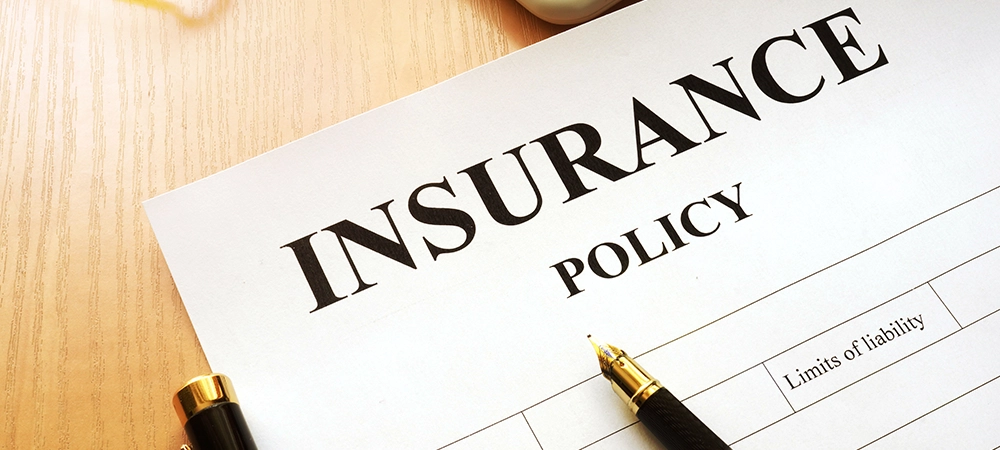
A Guide to Filing Auto Insurance Claims Near You
Whether your car is damaged in a collision or any other incident, it’s helpful to know how to file an insurance claim. Fortunately, you can file an auto insurance claim near you regardless of where you’re located in Canada.
Here we will guide you through the auto insurance claims filing process, detailing your responsibilities and what insurance companies do when you file a claim. Read on to find out more!
Documenting Your Claim
Things can take an unexpected turn very rapidly in the aftermath of an accident, which is why it’s recommended to document any damages at the scene of the event.
Recording everything that might support your claim will make your insurer’s job easier and raise the chances of your claim being approved.
Make sure you record the following:
- The date, time, and location of the event
- The names and personal information of any other participants (including their insurance information)
- Contact information of those injured in the incident and witnesses
- Details about injuries, potential injuries (including medical reports), or property damage
- How it happened the event happened, including any factor you think could be relevant to the events or claim
- Witness description of the event, including what anyone saw before, during, and immediately after the event
- Police report and the name and badge number of the officer who took the statement
Review Your Insurance Policy
Most insurance companies in Canada will require you to report the incident whether you want to file a claim or not. Before reporting, review your policy’s terms and conditions to see the following:
- Whether it covers your loss or specific events
- The specific claim procedures you must follow, as this differs in different insurers and is subject to state and province laws and regulations
- If there are any exclusions (in terms of losses or events) that aren’t covered
- The time limit you have to submit your claim
Before you make an auto insurance claim, consider the following as well:
- A claim can affect your premiums in the future or whenever you decide to renew your policy. You might pay more in premiums in the future than if you pay out of pocket
- If the amount of your claim is just over your deductible, consider if it’s worth making a claim or if you should pay out of pocket
- Whether you want to lose your no-claims discount on your policy
Filing the Auto Insurance Claim
Report the incident to your insurance company within the required time frame (check your insurer’s policy on their specific time limit). You can file a claim online or over the phone by calling your insurance broker.
After contacting your insurer, you will be collaborating with an insurance adjuster, who will inquire about the event, and this is when all the information you’ve collected will come in handy.
The insurer will determine the fault, and if the event wasn’t your fault, they will ask you to provide “proof of loss.” This is a document in which you declare that every information you’ve provided about the event is accurate. The “proof of loss” details everything the insurer needs to know about the event.
The insurance adjuster will help you get your loss or damages evaluated and advise on the extent to which your policy covers your damage or loss. Don’t initiate assessments on your own or authorize any repairs because this can result in your claim being denied.
If your auto is vandalized or stolen, you’ll only be compensated if you’ve had comprehensive, all perils or specified peril coverage. Depending on your policy, you may be eligible for any rental or other transport feed you incur while your vehicle is being repaired.
Once the insurer reviews the damage or loss estimates, they’ll determine whether they’re adequate and fair based on the evidence. If they find the estimates reasonable, you’ll be provided with a settlement, the document that details the terms and conditions of settling your claim.
Once you sign it, you can request your insurer’s approval to proceed with the repairs or replacements.
Additional Information About Auto Insurance Claims
Depending on the extent of coverage under your policy, your insurer can help you in several if you experience damages or loss to your car. For example, if the damage was minor, the insurance company will authorize repairs.
Each insurance company has its preferred shop(s) to ensure they can verify the quality of the work. However, they might be willing to work with you if you want this to be a facility near you. At other companies, you might be able to choose your own repair facility.
If the damage to the vehicle is so substantial that it can’t be repaired or if the repair costs would exceed the value of your car, your insurer will consider the vehicle a total loss.
In this case, you’ll receive a settlement. If you or anyone else covered under your policy was injured, the insurer might provide medical benefits.
Final Thoughts
Review your insurance policy before filing an auto insurance claim to see whether it’s worth getting payment from your insurance company. If you choose to submit a claim, you’ll need to provide detailed information about the event that led to loss or damages and the damages themselves.
Following your insurer’s instructions and advice during the claims process will make it go easier, and, more importantly, more successful. If you need auto insurance or more information about the process, get in touch with Marathon Insurance today to see how we can help.
- January 2025
- December 2024
- November 2024
- October 2024
- September 2024
- August 2024
- July 2024
- June 2024
- May 2024
- April 2024
- March 2024
- February 2024
- January 2024
- December 2023
- November 2023
- October 2023
- September 2023
- August 2023
- July 2023
- June 2023
- May 2023
- April 2023
- March 2023
- February 2023
- January 2023
- December 2022
- November 2022
- October 2022
- September 2022
- August 2022
- July 2022
- June 2022
- May 2022
- April 2022
- March 2022
- February 2022
- January 2022
- December 2021


